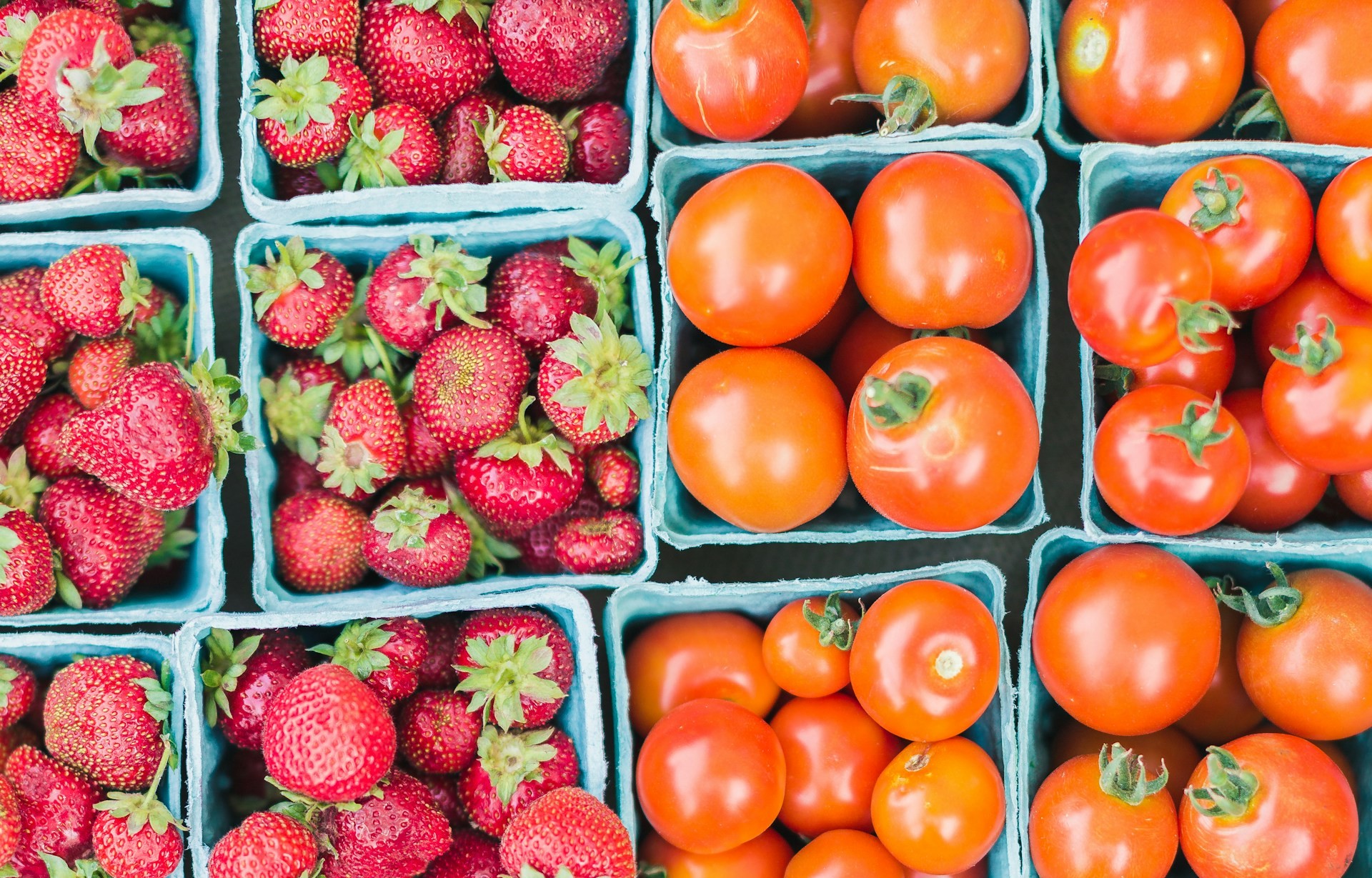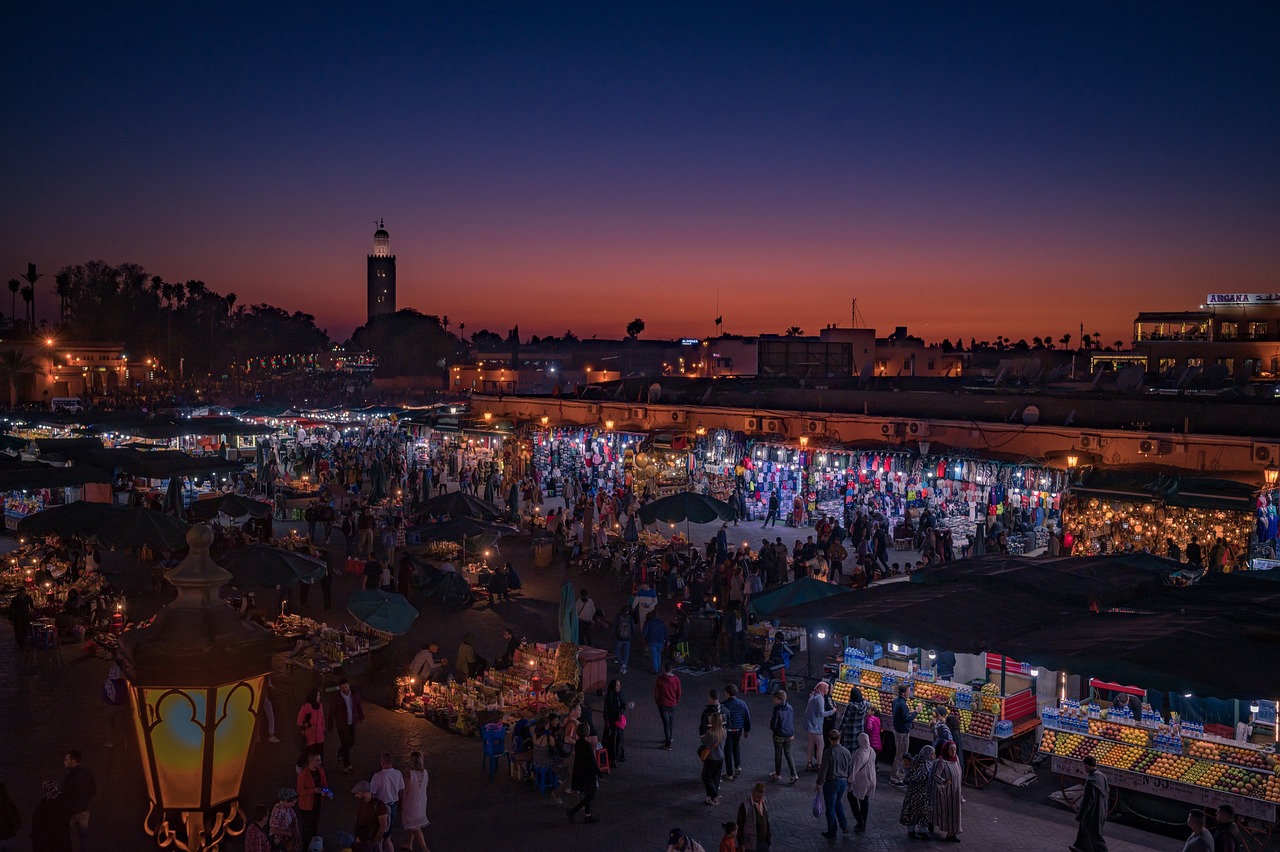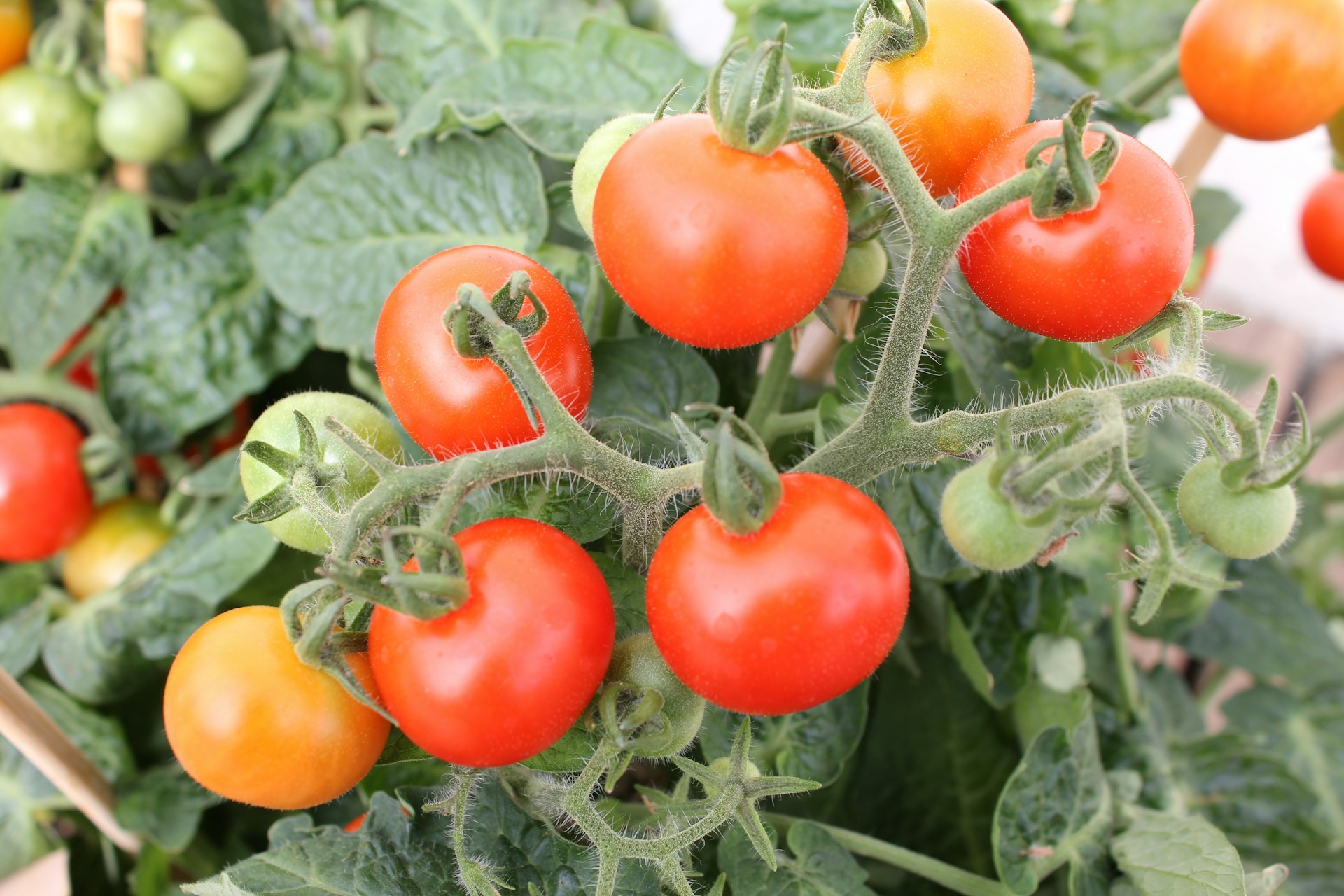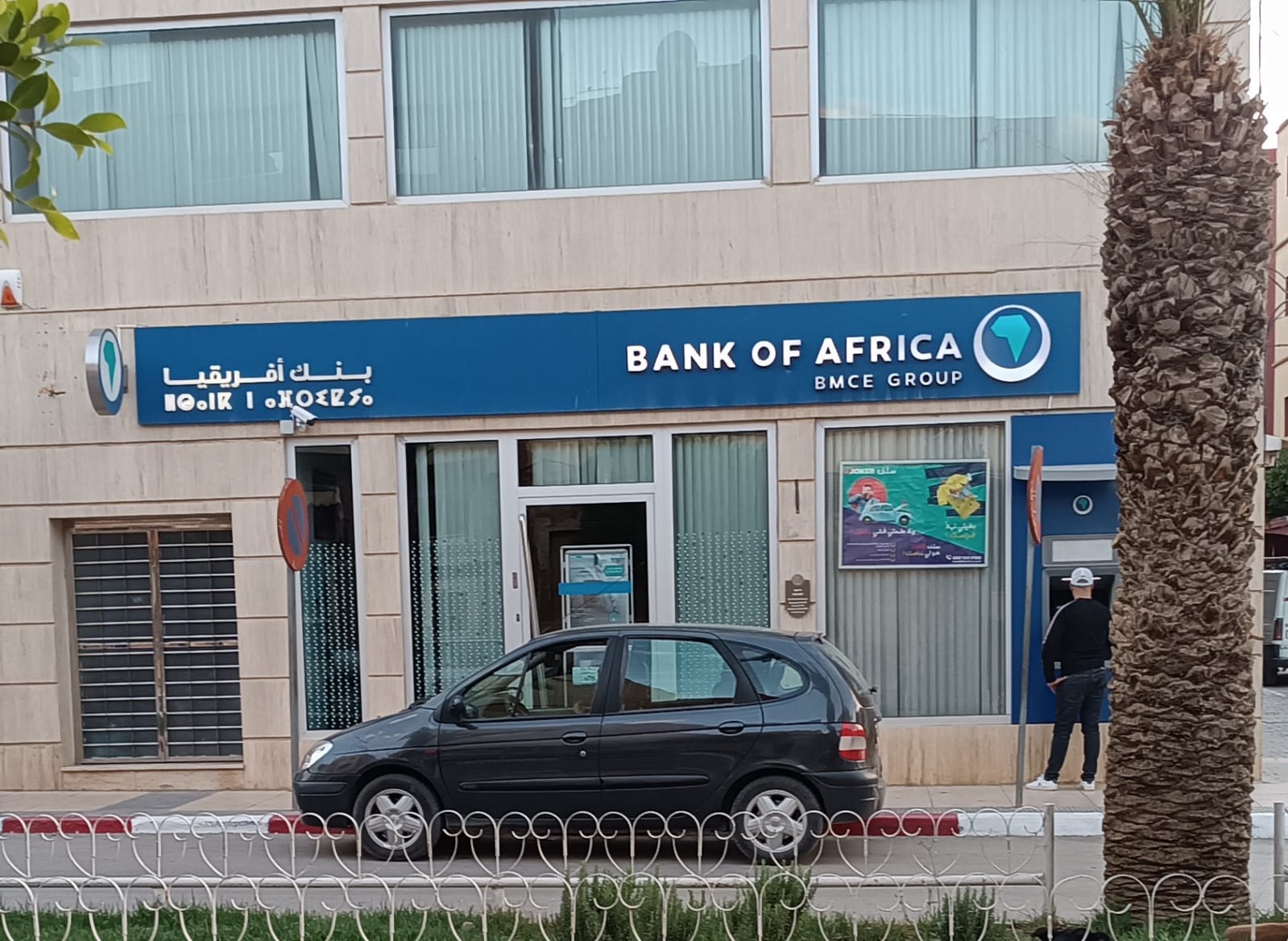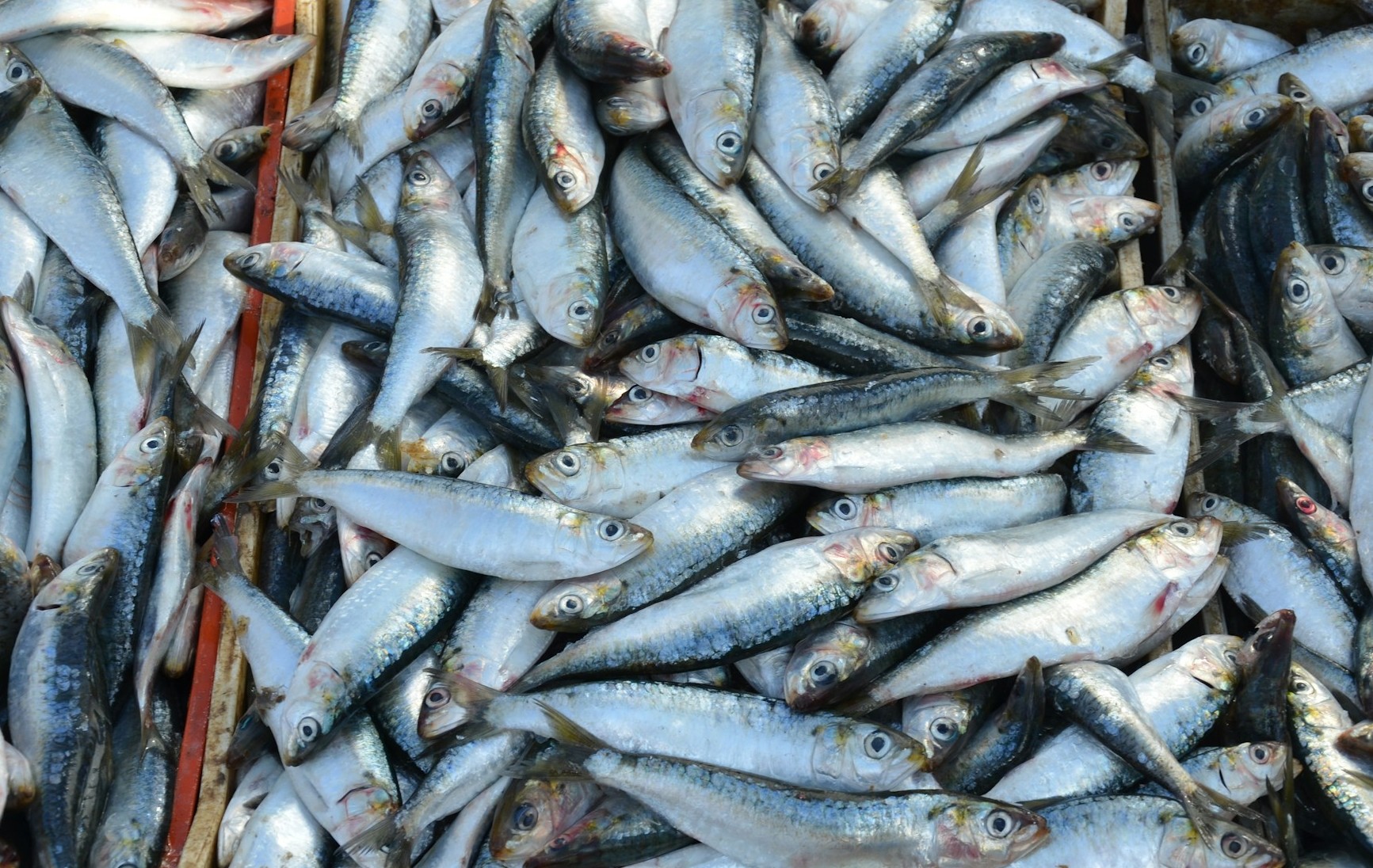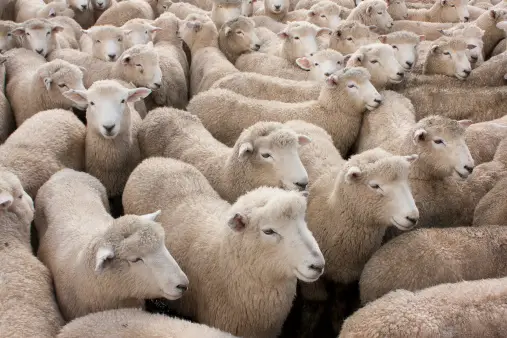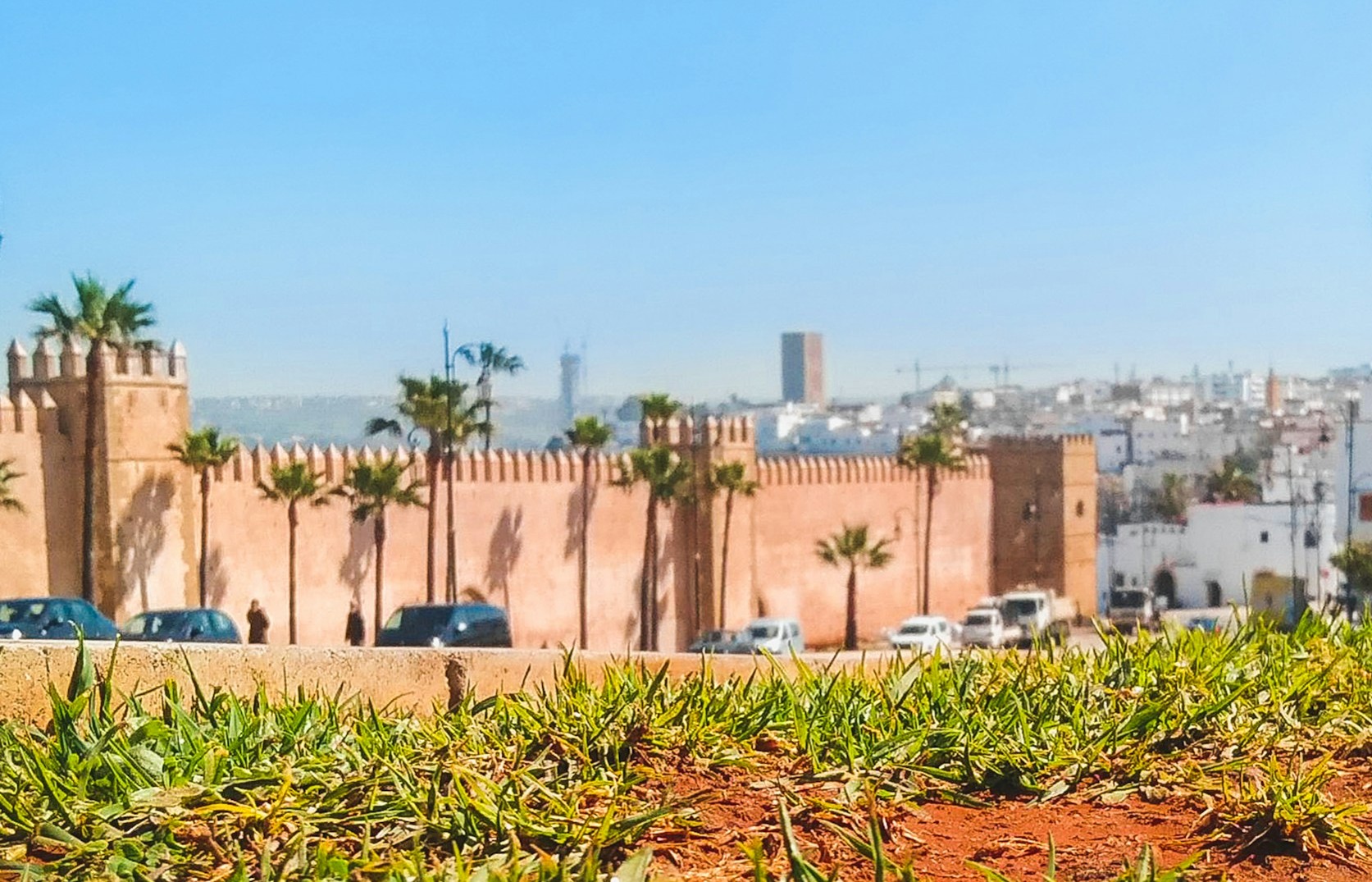Casablanca – The European Union is set to impose stricter regulations on agri-food imports, aiming to align production standards for imported goods with those applied within the bloc. This move comes as Morocco intensifies efforts to support its exporters in adapting to the evolving regulatory landscape.
EU strengthens control on agricultural imports
The European Commission recently unveiled a revised agricultural policy that seeks to tighten import requirements, particularly concerning pesticide use and production standards. The changes are seen as a response to growing concerns among European farmers over regulatory burdens and perceived unfair competition from foreign producers operating under less stringent regulations.
The EU intends to ensure that imported goods do not contain pesticides banned within the bloc for health and environmental reasons. While existing regulations already restrict certain chemicals in food imports, the new policy aims to extend limitations to broader production processes, potentially impacting a wide range of agricultural goods entering the European market. The roadmap, however, does not specify which products or exporting countries will be affected.
The Commission acknowledges that some trade partners may view these new measures as trade barriers, potentially leading to disputes.
Morocco prepares exporters for stricter EU regulations
Against this backdrop, Morocco Foodex, the country’s autonomous body for export control and coordination, is taking proactive steps to help Moroccan exporters navigate the EU’s evolving requirements. The organization has announced an awareness campaign scheduled for April 22–23, 2025, in Marrakech, focusing on processed agri-food and seafood exports.
The initiative aims to clarify the implications of new EU regulations, particularly concerning sustainability and food safety standards. The event will bring together 80 participants, including international experts, EU Commission representatives, and Moroccan industry professionals, to exchange insights on compliance and best practices. Additionally, European delegates will visit a Moroccan food processing facility to observe the country’s implementation of traceability and regulatory compliance measures.
With the EU being a key market for Moroccan agri-food exports, these regulatory changes represent both a challenge and an opportunity for Moroccan producers. Morocco Foodex aims to position the country’s agricultural and seafood sectors competitively by ensuring compliance with EU standards while promoting the quality and sustainability of Moroccan products.
Potential trade implications
The EU’s regulatory shift comes amid broader global trade tensions. A recent report by BMCE Capital Global Research suggests that the EU’s expanded carbon tax mechanism could reduce Moroccan exports to Europe by more than 10%. Additionally, international concerns about trade barriers may lead to diplomatic negotiations between the EU and its trade partners.
As the new European Commission takes office, regulatory policies such as the Green Deal and revised import standards are expected to shape market dynamics. For Moroccan exporters, adapting to these evolving requirements will be crucial in maintaining access to the EU market and ensuring long-term competitiveness.
While the EU’s stricter import controls aim to support European farmers and enhance food safety, they also pose new challenges for exporting nations. Morocco’s proactive approach through Morocco Foodex’s awareness initiatives highlights the country’s commitment to aligning with international standards and securing its position in the European market. As regulations continue to evolve, exporters worldwide will need to adapt swiftly to maintain their foothold in global trade.






